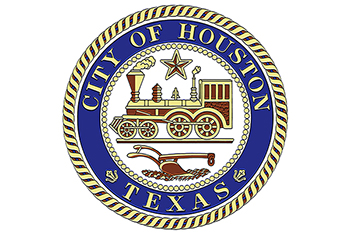Legislative Priorities
Bill Sponsors / Authors:
![]() Rep. Ana Hernandez
Rep. Ana Hernandez
D - Houston
![]() Sen. Carol Alvarado
Sen. Carol Alvarado
D - Houston
Supporting Documents / Links:
- 02.22.2023 Pena Support letter for Tier II
- 03.09.2023 Frank Peters
- 03.10.2023 Carverdale Civic Club
- 03.13.2023 Council Member Amy Peck
- Watson Grinding explosion 'could have been prevented', new fed report says
Houston Chronicle - June 30, 2023 - 'Dang, should I have worn a mask?' | SW Houston chemical fire sparks concerns
KHOU Channel 11 Houston - May 22, 2023
 House Bill 1082 -Tier II Reforms
House Bill 1082 -Tier II Reforms
In 1986, the Emergency Planning and Community Right-to-Know Act (EPCRA) was signed into law. The purpose of the act was to better prepare communities for chemical incidents.
EPCRA set standards for reporting chemical incidents to local officials and made Tier II reporting a requirement of facilities storing chemicals at a specific limit.
- On March 1st of each year, all facilities in the country that store non-hazardous and hazardous chemicals at a specific limit must compile any inventory they have maintained over the last year into a Tier II report.
Known officially as Emergency and Hazardous Chemical Inventory Forms, Tier II Reports are submitted annually to local fire departments, Local Emergency Planning Committees (LEPC) and to the Texas Commission on Environmental Quality (TCEQ) to help those agencies plan for and respond to chemical emergencies. The report identifies specific qualities of the substance, such as whether it is corrosive or flammable, and poses any health hazards — specifically what type of effect the chemical has on the human body.
By law, all Tier II reports must be submitted to the local fire department, the LEPC, and to the TCEQ. Facilities can face up to a $25,000 fine per day for failure to comply.
Despite this, there remains a lack of uniformity in disclosure protocols, namely when these reports should be made available to the public:
- Under the Texas Homeland Security Act, the State can refuse to provide records that contain information about “materials that could be made into” an explosive device. This puts HFD and the LEPCs in the awkward position of potentially releasing information the State has deemed potentially beneficial to terrorists.
- Additionally, disclosure of some chemicals could inadvertently lead to proprietary data being exposed, which might lead to restrictions on publicizing the chemical makeup of proprietary formulas.
Representative Ana Hernandez filed House Bill 1082 to make the public reporting process more consistent by stipulating that a political subdivision may release a tier two form or information contained in the form to the public only if the tier two form or applicable information has been made publicly available by the commission; or the information released only states the name of a class of dangerous goods under the hazard classification system used in the 2020 Emergency Response Guidebook published by the United States Department of Transportation.
HB 1082 received a hearing in the House Committee on Environmental Regulation. The companion in the Senate, SB 585, did not receive a hearing in the Texas Senate.